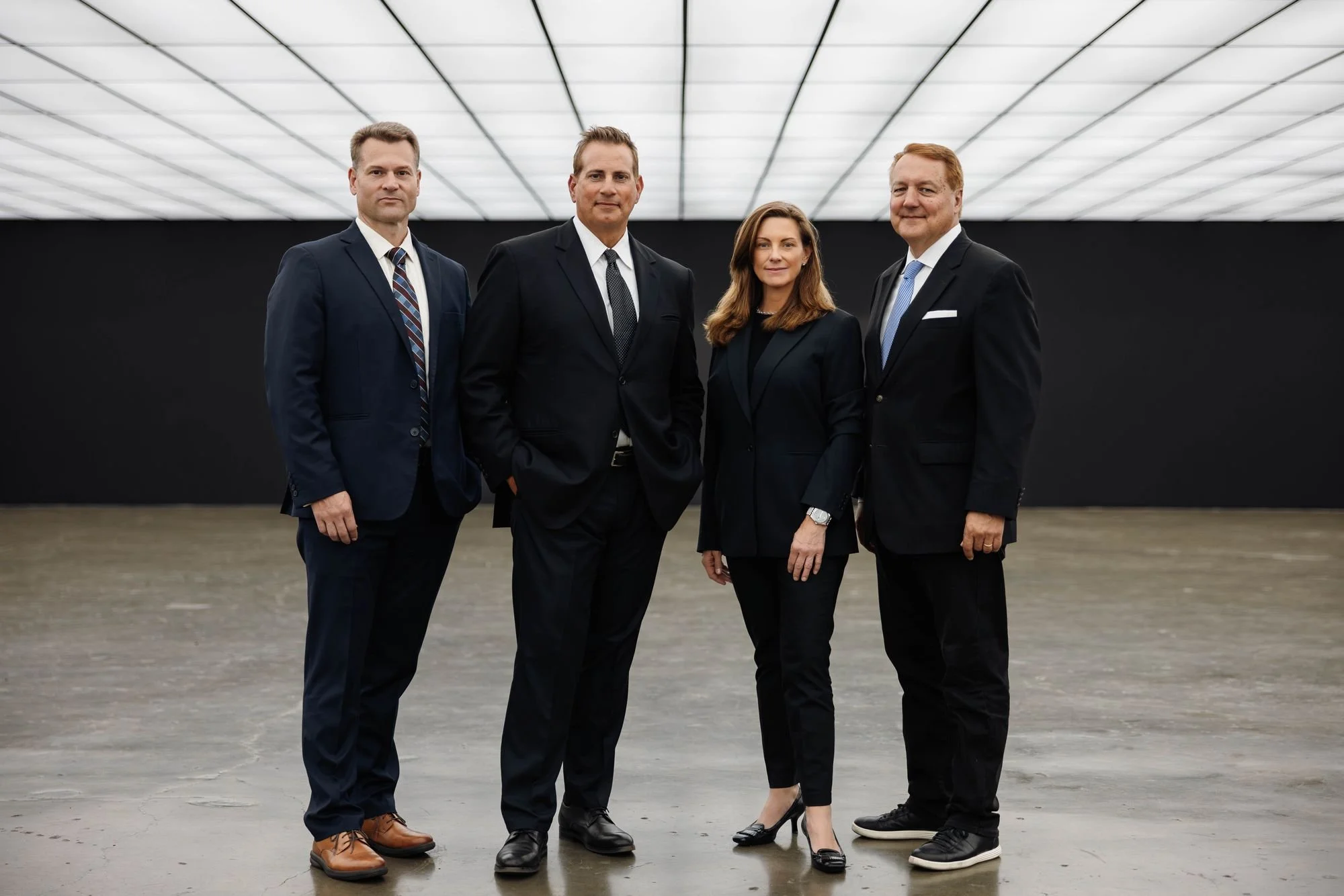The Energy AI Needs: Frontieras’ FASForm™ Technology Delivers the Baseload Power of the Future
HOUSTON, TX —
As the global economy races to integrate artificial intelligence (AI) into every industrial sector, the infrastructure required to power this revolution is being exposed as dangerously insufficient.
Analysts predict that AI-related data center power demand could grow more than 8,000% by 2030 — an increase so large it would rival the entire annual electricity use of countries like Sweden or Argentina. Meanwhile, North America’s grid, built for a pre-digital age, is struggling to keep up.
Frontieras North America, a clean hydrocarbon innovation company, recently announced progress from its Houston headquarters that it is moving forward with its first commercial-scale deployment of FASForm™ technology — a zero-waste, high-yield fuel processing platform in Mason County, West Virginia. It has selected and executed licensing agreements with Topsoe, a leading global provider of advanced technology and solutions for the energy transition, to design and deploy its sulfuric acid process on site.
The Energy Problem AI Has Created
AI workloads are unique: they are real-time, persistent, and power-intensive. Each query or model run involves trillions of calculations and massive data throughput — and with generative AI now deployed in everything from logistics to agriculture to defense, the demand for stable electricity is skyrocketing.
But wind and solar, while politically favored, fail the reliability test. Intermittent by nature, they require redundant backup systems — almost always hydrocarbons — and cannot independently support industrial baseload power.
“The idea that AI will run on wind is fiction,” says Matthew McKean, CEO and co-founder of Frontieras. “AI is the most energy-hungry innovation we’ve seen since the Industrial Revolution — and like that revolution, it will be powered by real, dispatchable energy.”
FASForm™: Baseload Power for the AI Era
Frontieras’ proprietary FASForm™ technology is a patented solid carbon fractionation (SCF) process that deconstructs coal and other volatile-rich feedstocks into their core molecular components. Rather than burning coal, FASForm breaks it down molecule by molecule — unlocking the intrinsic value from every ton with zero waste and minimal emissions. This creates a stratified revenue and profit stream that makes coal far more important for energy and industrial use.
Forecasts for the company’s first commercial facility in West Virginia include:
- 7,500 tons of coal processed per day
- 2.3 barrels of liquid fuels per ton (diesel, kerosene, naphtha)
- 20+ million standard cubic feet per day (SCFD) of hydrogen, used to hydrotreat fuels
- FASCarbon™, a purified carbon solid with 90% less sulfur than petcoke, ideal for steelmaking and clean industrial heat
- High-value byproducts: Ammonium sulfate fertilizer and sulfuric acid from repurposed “would-be” waste gases
- 300 full-time jobs, plus over 2,000 construction jobs
- A projected 2% increase in West Virginia’s GDP
“We’re not just making energy. We’re making hydrogen, fertilizer, carbon products, and high-grade fuels — all from America’s most abundant natural resource.”
— Joseph Witherspoon, CTO & Co-Founder, Frontieras
A Vision 10 Years Ahead of Its Time
The story of Frontieras is not just one of engineering — it’s one of extraordinary foresight.
More than a decade ago, co-founders Matthew McKean and Joseph Witherspoon began developing what would become the FASForm™ platform. At the time, the world was fixated on wind turbines, solar panels, and ESG rhetoric. Coal was being written off. AI barely existed in public consciousness.
But McKean and Witherspoon saw something different.
They believed the world would eventually circle back to the fundamentals of energy security, and that coal — properly processed — could become the feedstock for a cleaner, more resilient industrial future. They also anticipated the need for high-density, dispatchable, scalable power in an era where innovation would outpace infrastructure.
“We didn’t know exactly when the demand would hit,” says McKean, “but we knew it would come. Our job was to make sure the technology was ready when the world woke up.”
That moment is now.
A Platform for National Energy Security
The West Virginia facility is the first in a series of plants that Frontieras plans to build across North America and abroad. The company holds patent-rights covering 85% of the world’s coal-producing regions, including India, China, Australia and South Africa.
FASForm plants can operate as stand-alone producers or be co-located with existing coal infrastructure, extending the life and profitability of power plants otherwise slated for shutdown. This strategy enables faster deployment, lower capital costs, and stronger community impact.
Perhaps most importantly, the platform operates with no need for government subsidies or tax incentives — a rare claim in the energy tech landscape.
Built for Today’s Capital Markets
With deregulation returning under the Trump administration and ESG mandates losing investor support, Frontieras has positioned itself squarely in the "necessity market" — energy, food, and infrastructure. Its outputs are not speculative; they are pre-sold via offtake agreements, priced in existing markets, and required by nearly every industrial sector on Earth.
The company has already secured a $150M equity facility from GEM Global Yield and is actively raising additional capital through its Reg CF offering and institutional channels.
For Investment Information: Investor Inquiry
The Future Is Baseload — and It Begins in West Virginia
As AI continues to accelerate, one truth is becoming evident: energy is the real platform layer. And while others promise abstract green transitions, Frontieras is delivering energy that’s real, reliable, and ready now.
Its Mason County, West Virginia facility is in a large engineering phase, followed by construction and commissioning — and when it does, it won’t just be a milestone for Frontieras. It will mark the rebirth of American baseload energy, reimagined for the AI age.
Media Contact
· communication@frontieras.com
· www.frontieras.com




